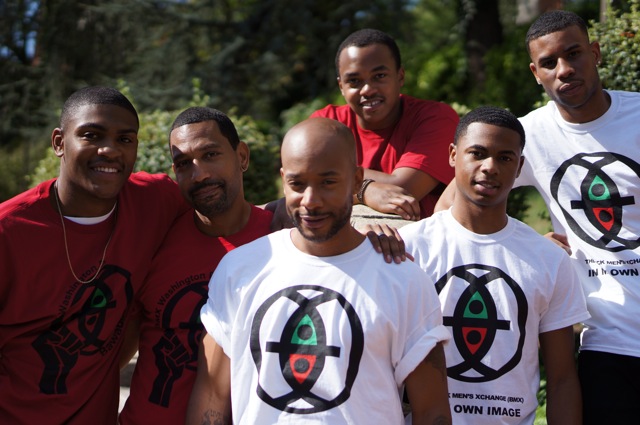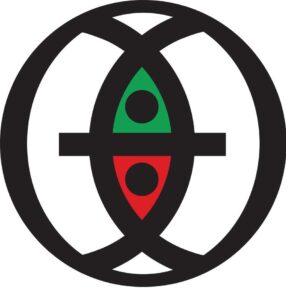
What Is BMX?
Our Mission
Our mission is to meaningfully contribute to solving the myriad of social-justice, behavioral, and self-conceptual health challenges faced by Black males, 18 and up, diverse in economic circumstance, educational attainment, sexuality, class, and culture. We believe that teaching the fundamentals of critical thinking and cultural affirmation (CTCA), and the importance of living an intentionally productive life is essential. Black Men’s Xchange (BMX) National provides guidance toward enhanced or the discovery of leadership capacity, navigating through U.S. society with skills and awareness to reduce faulty impulses, health threats, poverty and behaviors that often impede living a powerful and productive life.

Our History
BMX activities are center on the pioneering and noted Critical Thinking and Cultural Affirmation (CTCA) framework, a behavior transformation and community mobilization model developed by Dr. Cleo Manago. Because many traditional organizations have challenges providing effective outreach to Black males, many have had few safe and encouraging spaces where they can seek healing, affirmation, life-saving awareness, and affirmation. Thus, BMX provides Black males, across the class, perspective, sexuality, educational attainment, age and economic strata, with tools for increasing self-evaluation, embracing a sense of responsibility, and working toward self-sufficiency and community care. Dr. Cleo Manago, the founder of BMX-National, has provided leadership regarding African American health concerns nationally for over two decades. A self-described ‘social architect,’ Dr. Manago is a prominent figure in addressing Black cultural restoration, mental health, critical thinking, sexual and gender equality, and Black male justice and healing. His highly regarded CTCA Prevention strategy has since been replicated nationally and is the only intervention of its kind in the nation. BMX programs are led by a myriad of accomplished and credible staff, including youth. The fact that the BMX leadership reflects the demographics of the communities we serve significantly contributes to our ability to reach the population and offer culturally relevant advocacy and guidance. BMX delivers through outreach, education, social media, forums, and full access to a comprehensive range of educational, social justice and empowerment programs. BMX has over three decades of demonstrated success working with multiple partners, frequently working in coalition with other groups, and maintaining a solid profile in popular and academic print, visual and electronic media.

The Bawabisi is a culmination of the Nigerian Nsibidi script symbol “Love,” and the West African Adinkra symbol “Change.” In 1989 the Bawabisi was designed by Dr. Cleo Manago and associates to represent Black people diverse in sexual and gender expression; included but not limited to same gender loving (SGL) individuals and those of gender variance.
The two facing semi-circles represent unity and love. The figure has been split symmetrically in half to suggest parts of a whole that mirrors each other. Dots are often used in Adinkra symbols to represent commitment and pluralism. The split and dots, with the addition of color, suggest the concept of gender. The circle encompassing the figure reinforces the idea of connectedness despite duality, suggesting the idea of two-spirited.
The Babwabisi is how we affirm ourselves in our own image. It is putting Black love into practice.
